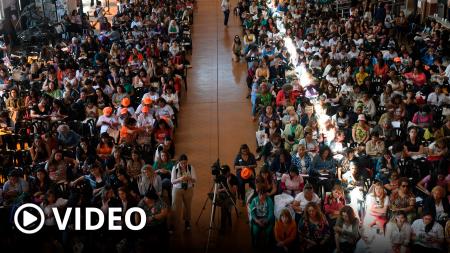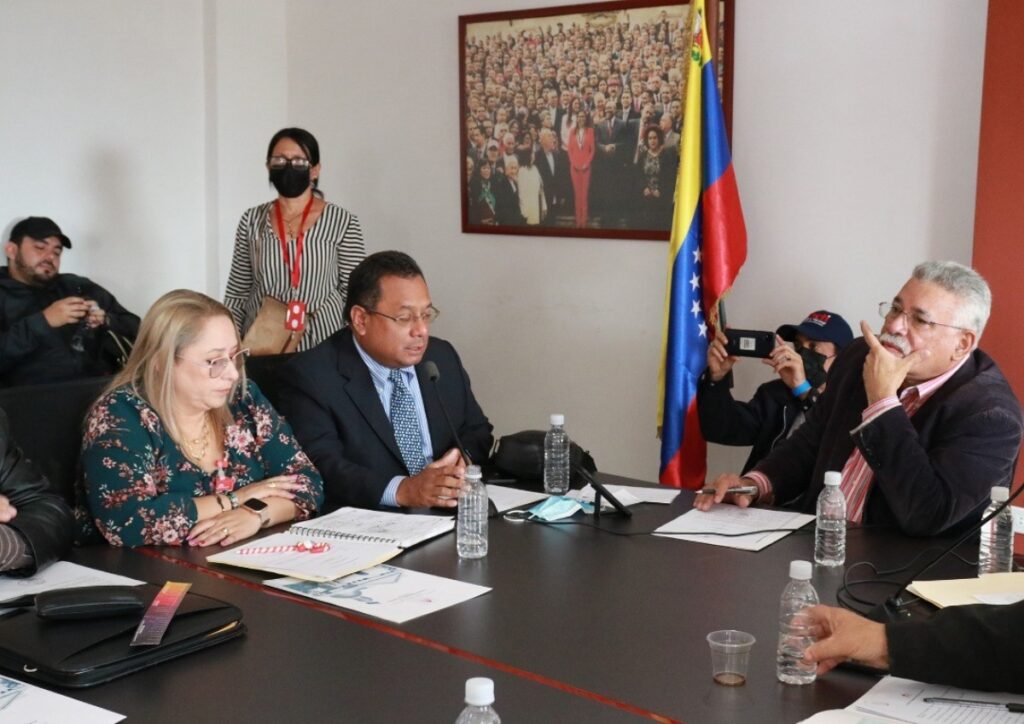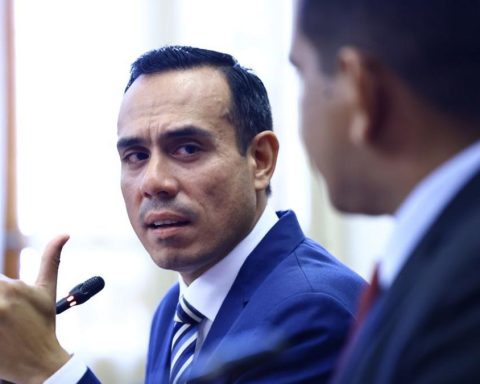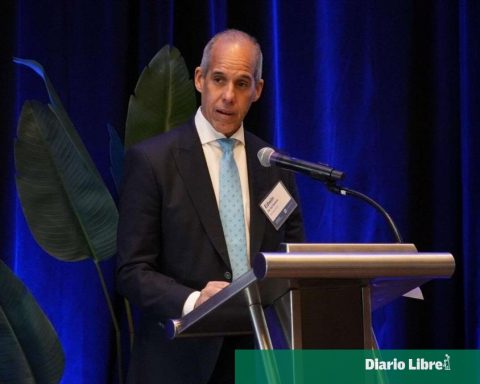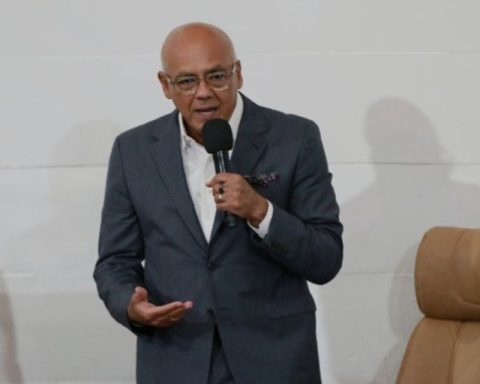Close to 3,000 women and diversities from the feminist movements of the region, together with representatives of governments and intergovernmental organizations, participated this Monday in the Feminist Forum that preceded the XV Regional Conference on Women in Latin America and the Caribbean and that had as its central axis the challenges towards a society of care and its economic and social recognition, with the presence of the Minister of Women, Gender and Diversity, Ayelén Mazzinain the Memory and Human Rights Space of the former Esma.
It’s about a “space of collective, plural and regional construction” that feminist movements have convened since 1977 as a prelude to the Regional Conference on Women in Latin America and the Caribbean, organized every three years by the Economic Commission for Latin America and the Caribbean (ECLAC) and the United Nations Entity for Equality Gender and the Empowerment of Women (UN Women).
? At the opening of the Forum of Feminist Organizations, we share the conviction of building a feminist present and future for emancipation.
Always aware that the heat of the struggles in the streets is the impetus for transformation.
It is with you companions! pic.twitter.com/GAlscyy2LF– Ayelén Mazzina (@AyelenMazzina) November 7, 2022
After the opening speech of the conference, this year entitled “The care society: horizon for a sustainable recovery with gender equality”the head of the gender portfolio highlighted the opportunity to get together to “reflect on the different public policies and problems that have to be put on the public agenda and influence the governments” of the region.
In dialogue with Télam, Mazzina assured that care, the “backbone” of the Conference, is “a very strong theme, which intensified during the pandemic and still needs legislation and be considered a right and a job.”
According to a statement from the Feminist Forum, in Latin America and the Caribbean the time dedicated to domestic work and unpaid care “is half of the total work time” of women, who dedicated it before the pandemic “three times more time than men”, which prevents them from “participating in politics, the economy, society and culture”.
Hence the importance of incorporate the conception of care “as a human right for children as well as for the elderly and nurses”, but also for “women who are the ones who usually take care of this task”.

In this regard, Mazzina anticipated that care and the distribution of time and tasks will be a “central objective” of his management, as well as the necessary actions to achieve “the true autonomy of women and diversities.”
Likewise, he emphasized the Caring for Equality bill, sent by President Alberto Fernández “with political conviction and a lot of commitment,” and pointed to a federal management that captures the particularities of each province and region.
For its part, Ana Güezmes, director of the ECLAC Gender Affairs Divisionhighlighted that “Latin America and the Caribbean is the only region in which, during the last 45 years, countries, governments, the United Nations and feminist movements have met at Women’s Conferences”.
And he highlighted this meeting as “a space to say where we are, and above all what we have to do to advance together towards equality, women’s autonomy and make the rights of the entire population a reality.”

Consulted by Télam, Güezmes considered the care society as “a new social organization, a bold change, where we care for those who need care and in turn work for the rights of the people who care.”
“It is a space to weave pairs, social, political and economic alliances in a context of development, financial, climatic, economic crisis, but also a care crisis,” he said.
To its turn, the regional director of UN Women, María Noel Vaezacelebrated this “great meeting” and called for “staying united and demanding the creation of comprehensive care systems”.
Likewise, she called for financing systems “so that women can have a triple dividend: that they can support their families, create employment with the care system and go out to work.”

Gretel Galeano and María Elena Nadeo, members of the Permanent Assembly for Human Rights (APDH) They considered that the challenge is to “uninhabit generalities”, understanding that there are “many particularities in the territories in relation to the demands of women from peasant, indigenous, migrant movements or from the LGBTIQ+ community.”
Nadeo highlighted the “very necessary articulation between the defense of human rights and the rights of women”, and that the forum be held in “such a symbolic place” such as the Memory and Human Rights Space of the former Esma.
The Regional Conference on Women in Latin America and the Caribbean, whichue will take place in the City of Buenos Aires from this Monday to Friday, it is convened regularly every three years with the purpose of analyzing the regional and subregional situation regarding the autonomy and rights of women; present recommendations on public policies for gender equality and carry out periodic evaluations of regional and international agreements.
